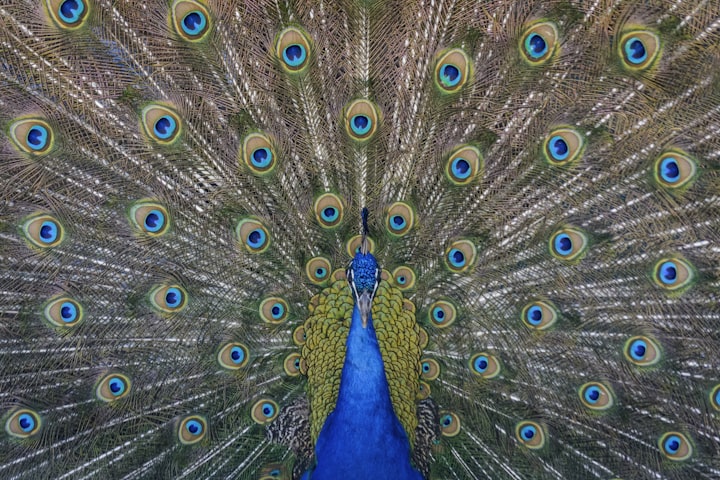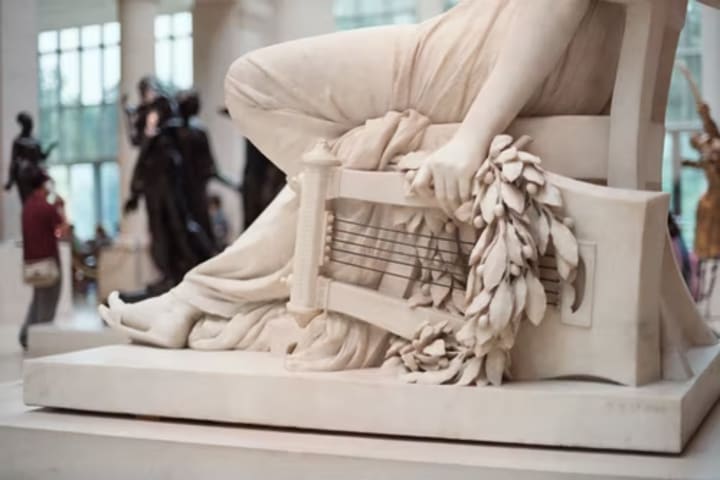Reason and Imagination
Defense Against Primitivism

In 1820, Thomas Love Peacock's essay "The Four Ages of Poetry" suggested a theory that "poetry in its origin was a primitive use of language and mind" and that "poetry had become a useless anachronism in his own Age of Bronze." Even though this piece was satirical in nature, Utilitarian philosophers would hold fast to Peacock's ideas. Knowing this piece to be a joke by his good friend, Percy Bysshe Shelley responded with his own essay "A Defence of Poetry."
Shelley begins his essay by stating that there are two activities that the mind engages in: "those two classes of mental action... are called reason and imagination..." He clarifies that "reason is the enumeration of quantities already known; imagination is the perception of the value of those quantities, both separately and as a whole." This scientific approach lends itself well to the idea that Reason is a tool and Imagination is the result of man using that tool to explore, manipulate, add value, etc. to further express an idea or to create substance:
"Reason is to Imagination as the instrument to the agent, as the body to the spirit, as the shadow to the substance."
Imagination is the ability to see beyond the contours and fill in the empty spaces creating volume and substance. We can perceive the fullness even when only the outline or a shadow is presented to us.

Shelley further compares reason and imagination to the composition of a piece of music. The imagery he uses is the effect of wind flowing across the strings of a lyre. The randomness of the wind with ebbs and flows, begins to produce a monophonic melody; a single line introducing the theme or feeling:
"Man is an instrument over which a series of external and internal impressions are driven, like the alternations of an ever-changing wind over an AEolian lyre, which move it by their motion to ever-changing melody."
The randomness of this monophony feels incomplete. A single line of melody is the basis or the foundation for fuller music that is made complete through applying harmonic chords thus producing full homophonic music.

Poetry is like music.
There is a single line, an idea or theme that impresses itself upon the poet who fills in the empty spaces with expressive imagery allowing the reader to feel or experience vicariously the moments shared by the speaker. Shelley states that it is our nature to create harmony and that we cannot resist the need:
"But there is a principle within the human beings, and perhaps within all sentient beings, which act otherwise than in the lyre, and produces not melody, alone, but harmony, by an internal adjustment of sounds or motions thus excited in the impressions which excite them."
There is another concept introduced by Shelley that suggests that mankind can produce melody and harmony. We can pick up the lyre and pluck out a tune. The lyre is the instrument and we are the agent. The contour of the melody is of our own choosing and when we have settled on it, we can add chords to harmonize with that melody. We can compose text so that we can sing along:
"It is as if the lyre could accommodate its chords to the motions of that which strikes them, in a determined proportion of sound; even as the musician can accommodate his voice to the sound of the lyre."
It is with reason we are able to perceive the melody and it is with our imagination that we can apply the harmony. It is with reason that we can see what is before us. It is our imagination that gives us the ability to convey our feelings and impressions in poetry.
About the Creator
Rebecca A Hyde Gonzales
I started writing when I was about eight years old. I love to read and I also love to create. As a writer and an artist, I want to share the things that I have learned and experienced. Genres: Fiction, non-fiction, poetry, and history.






Comments
There are no comments for this story
Be the first to respond and start the conversation.